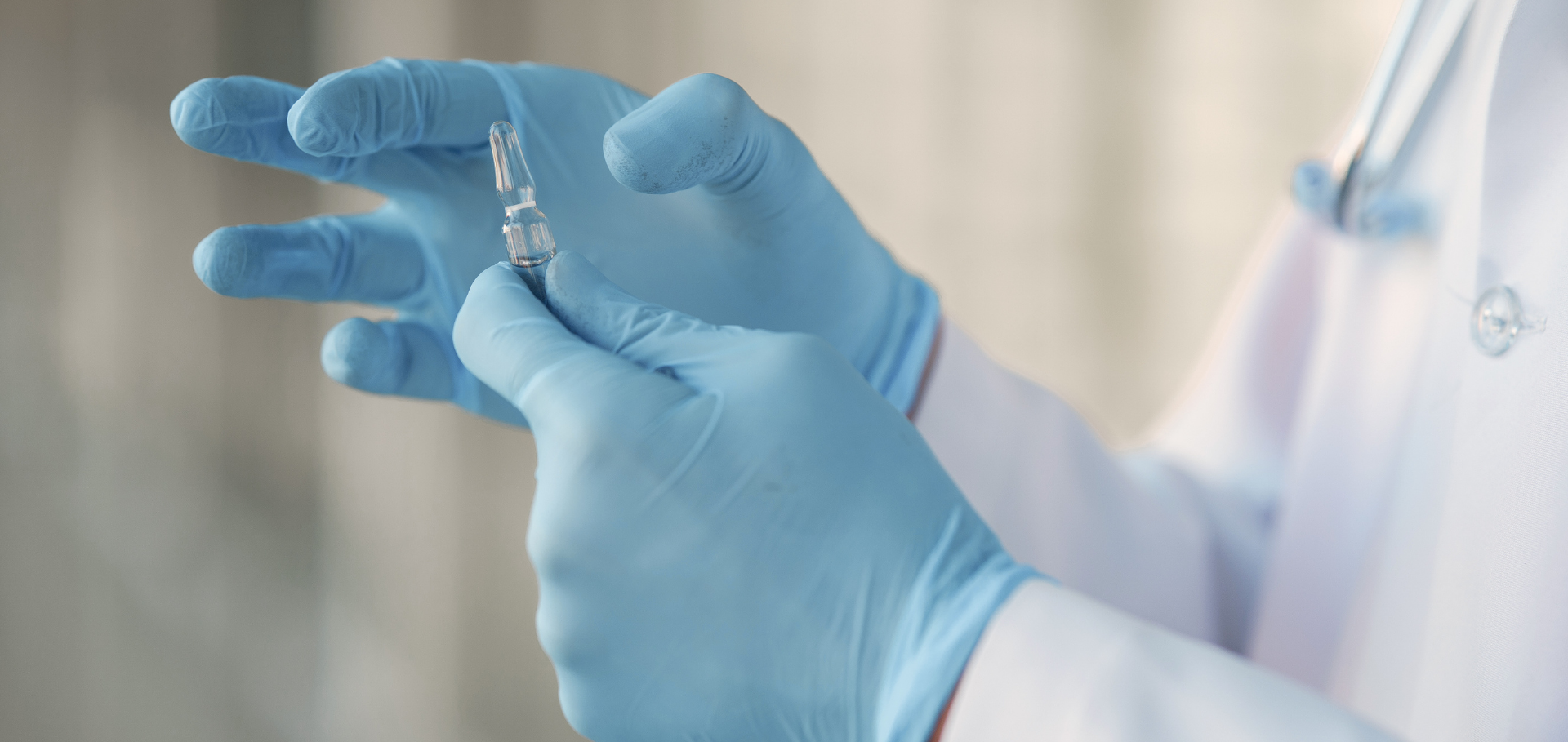Marra A, Generali D, Zagami P, Cervoni V, Gandini S, Venturini S, Morganti S, Passerini R, Orecchia R, Curigliano G,
Seroconversion in patients with cancer and oncology healthcare workers infected by SARS-CoV-2,
Annals of Oncology (2020)
Affiliations:
Division of Early Drug Development for Innovative Therapies, IEO, European Institute of Oncology IRCCS, Milan, Italy
Department of Oncology and Haemato-Oncology, University of Milan, Milan, Italy
Department of Medicine, Surgery and Health Sciences, University of Trieste, Cattinara Hospital, Trieste, Italy
U.O. Multidisciplinare di Patologia Mammaria e Ricerca Traslazionale, Azienda Socio-Sanitaria Territoriale di Cremona, Cremona, Italy
Department of Experimental Oncology, IEO, European Institute of Oncology IRCCS, Milan, Italy
Department of Management, University of Turin, Turin, Italy
Centre for Research on Health and Social Care Management (CeRGAS), SDA Bocconi School of Management, Milan, ItalyDivision of Laboratory Medicine, IEO, European Institute of Oncology IRCCS, Milan, Italy
Scientific Direction, IEO, European Institute of Oncology IRCCS, Milan, Italy
Highlights
• Patients with cancer have high risk for severe complications and poor outcome to severe acute respiratory syndrome coronavirus 2 (SARS-CoV-2)-related disease (coronavirus disease 2019 [COVID-19]).
• No difference in terms of anti-SARS-CoV-2 immunoglobulin-G (IgG) positivity rates by rapid qualitative membrane-based immunoassay was observed between cancer patients and health workers
• Median time from SARS-CoV-2 diagnosis to IgG detection was comparable between cancer patients and health workers
• Our data showed that SARS-CoV-2-specific IgG antibody detection is not different between cancer patients and healthy subjects
Abstract
Background
Patients with cancer have high risk for severe complications and poor outcome to severe acute respiratory syndrome coronavirus 2 (SARS-CoV-2)-related disease (coronavirus disease 2019 [COVID-19]). Almost all subjects with COVID-19 develop anti-SARS-CoV-2 immunoglobulin-G (IgG) within three weeks after infection. No data are available on the seroconversion rates of cancer patients and COVID-19.
Material and methods
We conducted a multicenter, observational, prospective study that enrolled: 1) patients and oncology health professionals with SARS-CoV-2 infection confirmed by real time polymerase chain reaction (RT-PCR) assays on nasal/pharyngeal swab specimens; 2) patients and oncology health professionals with clinical or radiological suspicious of infection by SARS-CoV-2; and 3) patients with cancer who are considered at high risk for infection and eligible for active therapy and/or major surgery. All enrolled subjects were tested with the 2019-nCoV IgG/IgM Rapid Test Cassette, which is a qualitative membrane-based immunoassay for the detection of IgG and
IgM antibodies to SARS-CoV-2. The aim of the study was to evaluate anti-SARS-CoV-2 seroconversion rate in patients with cancer and oncology healthcare professionals with confirmed or clinically suspected COVID-19.
Results
From March 30 to May 11, 2020, 166 subjects were enrolled in the study. Among them, cancer patients and health workers were 61 (36.7%) and 105 (63.3%), respectively. Overall, 86 subjects (51.8%) had confirmed SARS-CoV-2 diagnosis by RT-PCR testing on nasopharyngeal swab specimen, while 60 (36.2%) had a clinical suspicious of COVID-19. Median time between symptom onset (for cases not confirmed by RT-PCR) or RT-PCR confirmation to serum antibody test was 17 days (interquartile range, 26). In the population with confirmed RT-PCR, 83.8% was IgG positive. No difference in IgG positivity was observed between cancer patients and health workers (87.9% vs 80.5%; P = 0.39).
Conclusions
Our data indicate that SARS-CoV-2-specific IgG antibody detection do not differ between cancer patients and healthy subjects

